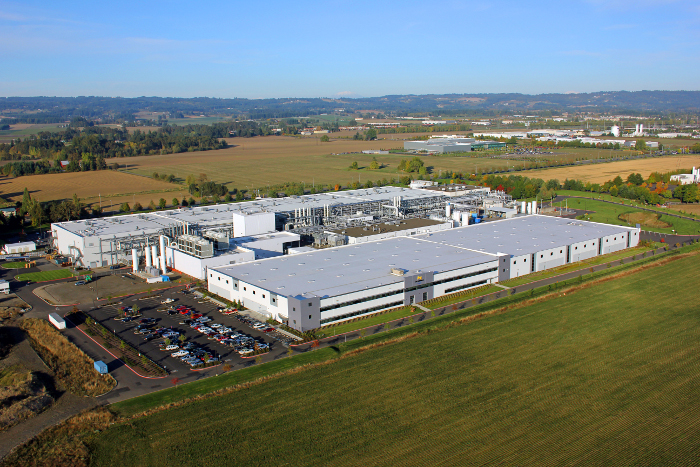The Germany–headquartered solar manufacturer, which operates a production facility in Oregon, U.S., sees today’s meeting between U.S. President Donald Trump and his Chinese counterpart Xi Jinping (scheduled across two days) as the long-awaited opportunity to discuss China’s trade practices. SolarWorld believes that subsidized Chinese manufacturers have hurt not only the profits of domestic solar panel producers, but also caused major job cuts.
Though China enjoys access to every corner of the U.S. solar market, including military bases and housing, China bars converse access to its own market, SolarWorld said. The company went on to highlight that agencies of the U.S. and EU have issued trade rulings and findings against China, in SolarWorld-initiated trade cases.
Ramping up the rhetoric, SolarWorld then charged that in the wake of ‘overambitious' solar installation goals set by the Chinese government, that the country's module manufacturers have built up excess, ‘massively subsidized', third-country production capacities which, according to SolarWorld, would allow it to supply the global market with modules some 1.3 times. Consequently, the combination of sluggish demand and oversupply has lowered global module prices, and damaged manufacturers’ margins.
A number of the accusations SolarWorld levels at China, including its installation goals and the accusations of manufacturers being heavily subsidized, are heavily disputed. It should also be noted that while demand growth is sluggish, leading solar analysts are predicting the global PV market in 2017 is set to surpass 2016 installation levels. Year on year growth may be sluggish, but whether that truly results in sluggish demand, as SolarWorld charges, is unclear.
For SolarWorld, though, China’s state-financed over-capacities, imported at a price below the costs of production on U.S. soil, is the reason behind the increasing number of U.S. solar manufacturing bankruptcies and layoffs, the company said.
“The U.S. and European markets are the industry’s seats of innovation,” said Juergen Stein, the president of SolarWorld's U.S. operations. “To see them undermined as a matter of policy of a foreign, non-market government is unacceptable. It’s too late for thousands of jobs that have been lost. But it’s not too late for this industry to return to creating breakthroughs and jobs.”
Regarding jobs, the vast majority of U.S. solar jobs are in the downstream industry segment rather than in manufacturing. Data from the Solar Foundation shows that the number of people employed by the solar sector in the U.S. grew by 25% in 2016, to over 260,000.
Previously, SolarWorld voiced full support to President Trump’s rhetoric on trade, seeing it as a ray of hope that the new aggressive policy would limit imports of Chinese solar panels.
Furthermore, the German PV module maker has hailed a document released by the Trump administration early March that calls for adjustment of trading rules and enforcement of trade-defense instruments reflecting the company’s hopes that a retreat to protectionism could pave the way to healthier finances.
Edited by Jonathan Gifford
This content is protected by copyright and may not be reused. If you want to cooperate with us and would like to reuse some of our content, please contact: editors@pv-magazine.com.




By submitting this form you agree to pv magazine using your data for the purposes of publishing your comment.
Your personal data will only be disclosed or otherwise transmitted to third parties for the purposes of spam filtering or if this is necessary for technical maintenance of the website. Any other transfer to third parties will not take place unless this is justified on the basis of applicable data protection regulations or if pv magazine is legally obliged to do so.
You may revoke this consent at any time with effect for the future, in which case your personal data will be deleted immediately. Otherwise, your data will be deleted if pv magazine has processed your request or the purpose of data storage is fulfilled.
Further information on data privacy can be found in our Data Protection Policy.